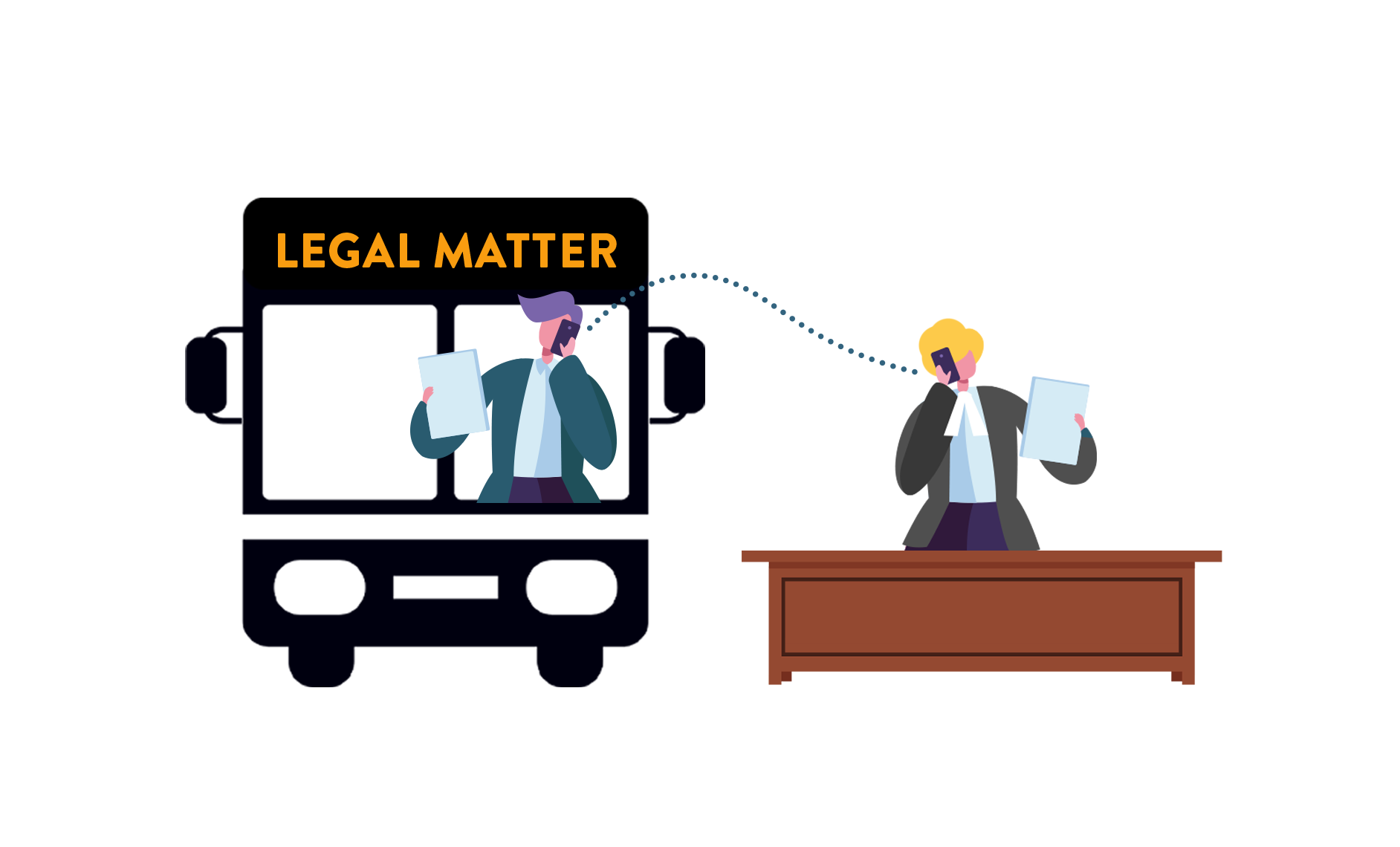“ ‘Google’ is not a synonym for ‘research’.”
– Dan Brown
Lawyers do legal research all the time. We use it to find what is ‘new’ in a particular area. We use it to see what decisions judges in previous cases have made about a particular legal issue. We use it to help determine the possible outcome of a case based on a similar fact pattern. Lawyers use legal research in court cases and in negotiation and mediation.
Research is a very powerful tool in family law. Finding a case on point and sharing it with the other person (or their lawyer) can help persuade them of your view. It can also help you identify the weaknesses or potential problems in your own case.
Too many people think that a simple Google search will help them find the information they need. Google is a tremendous resource but in the midst of a separation or divorce, you need a guide to point you in the most reliable, clear and informative source for your particular circumstances.
Legal research is taught in law school because it’s a core component of a lawyer’s job. Legal research involves access to public and subscription based legal-research databases. It also involves knowing which key words to use, how to read cases to determine applicability, and how to distinguish cases that don’t support your view.
You can hire a lawyer on a limited scope basis to do some legal research for you. The lawyer will then spend the time allotted and provide you with their findings. The lawyer can also prepare a memo for you summarizing, in plain English, the results of their research.
You can hire a lawyer on a legal coaching basis to teach you how to conduct legal research. The legal coach can send you to the right resources, suggest key word searches (depending on your facts and legal issues), and help you understand what the cases show.
Check back next week, ‘S’ is for …


